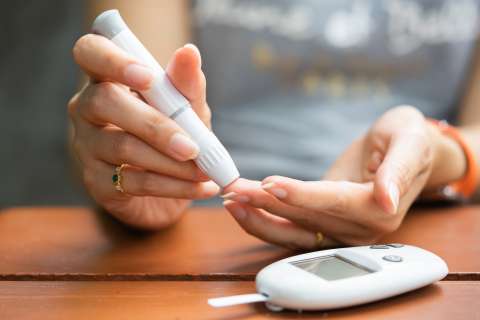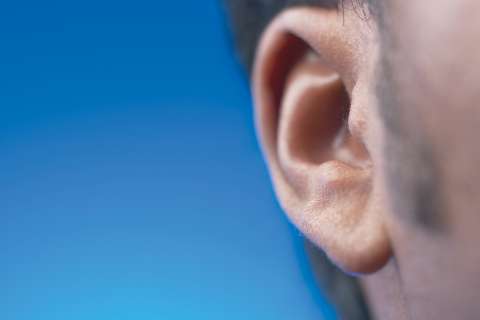Dear Doctors: I recently heard on social media about something called sleep inertia. It came up in a conversation about how to get a better night's sleep. Is this real, or was it invented? I often don't feel refreshed when I wake up and wonder if sleep inertia might be why.
Dear Reader: While sleep inertia sounds like one of the health memes that trend on social media, in fact, it is a real thing. The name refers to the persistent grogginess that sometimes occurs upon awakening. It's a temporary state and typically subsides within 30 minutes or so. Sometimes, though, it can take a few hours to shake off.
When someone has sleep inertia, they awaken feeling thick, fuzzy and out of sync. They often find their cognitive abilities are slower than usual. The intensity and duration of the symptoms can vary. It is known to be more pronounced among night-shift workers, teenagers and people who already have a significant sleep debt.
The reasons this transitional state occurs are not yet fully understood. However, brain scans of individuals experiencing it show that some of the features associated with sleep persist, despite the person being awake. An important factor in both the likelihood of it occurring and the intensity of an episode is the person's sleep stage at the time of awakening. Sleep inertia is far more likely when someone is suddenly yanked out of what is known as slow-wave sleep. That's the deep and restorative phase of the sleep cycle. If your alarm clock goes off while you're in stages 1 or 2 of sleep, which are light sleep, the transition to wakefulness is usually smoother.
Fluctuations in core body temperature are also part of the nightly sleep cycle. Sleep inertia tends to be more intense when waking coincides with lowest point of that temperature shift. Other contributing factors include being out of sync with your circadian cycle, having an underlying medical condition and the use of certain medications.
In addition to being unpleasant, sleep inertia can impair thinking and decision-making, adversely affect learning and short-term memory and lead to slower reaction time. Someone experiencing sleep inertia should try to give themselves extra time for the effects to fade before performing critical tasks. Research shows that certain strategies can minimize the chances of a groggy wake-up. For people who nap, keep them short, in the range of 10 to 15 minutes. Any longer and you risk waking in the deeper part of the sleep cycle.
Bright light suppresses melatonin, the so-called sleep hormone. Exposure to bright light upon awakening can speed recovery from an extended episode of sleep inertia. However, the same effect isn't seen in briefer episodes. Caffeine has been shown to lessen recovery time from all forms of sleep inertia. Regular sleep habits, with a consistent bedtime and waking time, are also important. There is also evidence that repeated use of the snooze button in an effort to prolong sleep can backfire and bring on an episode of sleep inertia. If morning grogginess is persistent and interferes with quality of life, it's a good idea to talk to your doctor.
(Send your questions to [email protected], or write: Ask the Doctors, c/o UCLA Health Sciences Media Relations, 10960 Wilshire Blvd., Suite 1955, Los Angeles, CA, 90024. Owing to the volume of mail, personal replies cannot be provided.)





